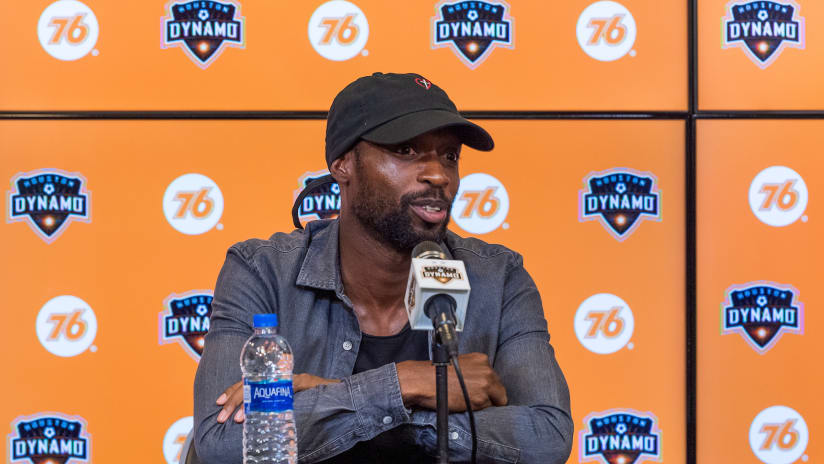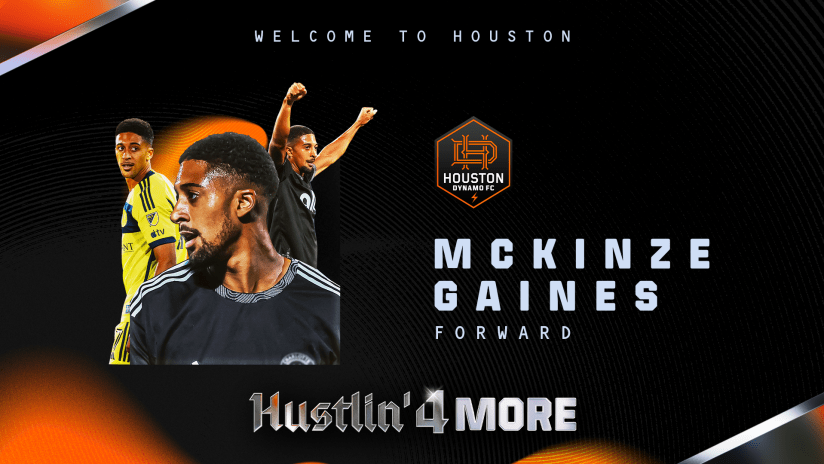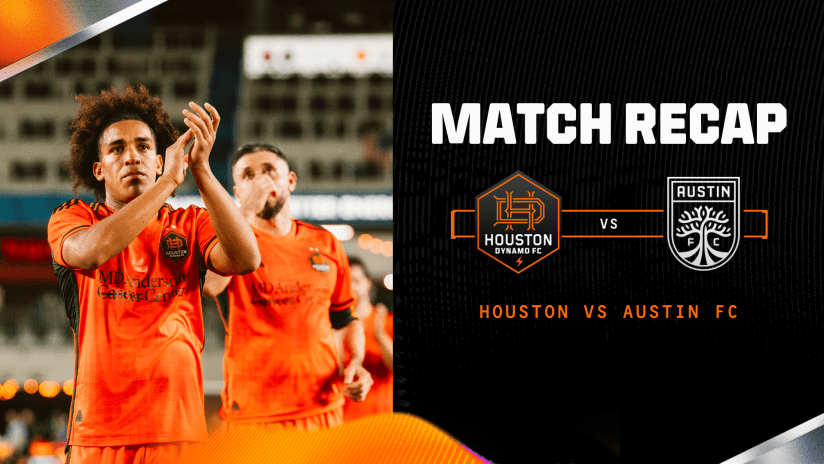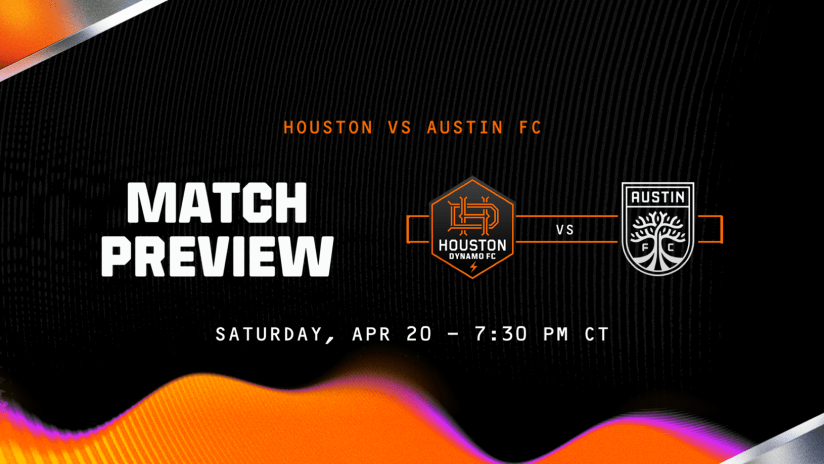Explaining his competitive spirit to the New York Times in 2017, DaMarcus Beasley said that he approaches each game as if it could be his last.
Later this year, one match really will be. Still going strong in the week of his 37th birthday, a legend of the American game announced this week that he is retiring at the end of the year, calling it a career after 20 professional seasons.
It was a decision made in preseason, he told a packed press conference room at BBVA Compass Stadium on Wednesday. But he wanted to wait until he was match-fit before making it public. That way it underlines that he is going out on his own terms, still capable of making a difference for a team that’s currently third in the Western Conference. “This wasn’t a spur of the moment decision,” he said. “Right now I feel great, I feel really good.”
When he revealed the news on social media he was “overwhelmed” by the avalanche of positive messages from fans, players and staff, he said. “I never thought I’d get this kind of reception,” he added. As he pointed out, the level of attention says something about the growth of American soccer since he started out as a kid. But it also says plenty about the high regard in which he’s held, both here and around the globe.
Beasley has played more games for the Dynamo than any other club. His signing was widely viewed as a coup for Houston when he returned to MLS as a Designated Player in the wake of the 2014 World Cup.
So it proved, with Beasley’s ability and experience vital assets on and off the field. He delivered consistency and veteran savvy over the years as the team changed coaches and tactics and personnel evolved.
“It feels like home. I’m so grateful to be a part of this club,” Beasley said. “This is a family.” He has been a mainstay in Houston, making 117 regular- and post-season MLS appearances to date. He went 90 minutes on May 15 as the Dynamo tied the Portland Timbers 1-1. It was his first domestic game of the year after he was sidelined by a left knee injury suffered against Tigres in the Concacaf Champions League in March.
It’s hard to imagine American soccer without him but Beasley plans to remain in the sport, perhaps as a broadcast analyst or front office staff member – just not as a coach, he made clear.
Which metrics to use to measure his career? Trophies and appearances, of course – and how about nicknames? Jitterbug, Run DMB, Tricky Beas … not every player is afforded three. They allude to his days as a lithe, speedy, jinking young winger.
At a time when American outfield players were unfairly, but widely, derided in Europe as hard-working but limited – mere athletes who lacked the guile to compete at the top levels – Beasley helped shatter the stereotype, winning titles with Glasgow Rangers and PSV Eindhoven and also playing for Manchester City and Hannover. But adversity was educational, he said on Wednesday: his tough spell at the German club, where he barely played, taught him the most about who he was as a player and person.
In 2005, with PSV, he became the first American to feature in the UEFA Champions League semifinals. He also played for Puebla in Mexico from 2011-2014 and became fluent in Spanish.
No less impressive was the adaptability he showed in his thirties: when his legs couldn’t accelerate quite like before, he transitioned to the left back position and made even greater use of his intelligence to ensure he stayed one step ahead of opponents. This renaissance in a career sometimes interrupted by injuries made him newly relevant to the US national team. And if, like many wingers, he was at times inconsistent in his youth, as a defender he became renowned for consistency and solidity.
His forays into the final third naturally became less frequent but he could still be deadly, as this blast in February showed.
Born in Fort Wayne, Indiana, his promise was spotted early and he moved to Florida to learn his trade at the newly-formed U.S. Soccer U-17 residency program in Bradenton, Florida, underlining his potential with a star turn at the FIFA U-17 World Cup in 1999 along with another exciting teenaged attacker by the name of Landon Donovan.
Beasley signed a pro contract with MLS shy of his 17th birthday back in 1999, made the first of 211 regular-season MLS appearances (and counting) in 2000 with the Chicago Fire, then made the jump to Europe in 2004.
Crazy as it might sound, it’s possible to argue he’s underrated. Not one to seek out media attention or demand credit, he prefers to do his talking where it matters most, on the field and in the locker room.
He did not even want Wednesday’s event to be all about him – kicking off by paying tribute to his former USMNT teammate, Chad Marshall of the Seattle Sounders, who is also retiring, and wearing a cap to highlight Dynamo defender A.J. DeLaGarza’s Luca Knows Heart initiative.
“I’m not a spotlight guy,” he said. But the numbers shine brightly, illuminating a long track record of excellence. His height is listed at 5 feet, 8 inches – but few figures in the history of American soccer stand taller.
He made 126 international appearances, scoring 17 times and contributing 13 assists. He was the first USMNT player to appear in four World Cups and the first to feature in five qualifying campaigns. He pulled on his country’s jersey every year from 2001 to 2015, winning four Concacaf Gold Cups. In 2014 he started all four games of the U.S.’s memorable World Cup tournament, later announcing his international retirement, only to reverse that decision when it was clear he still had more to offer.
Beasley made his senior national team debut at age 18 on January 27, 2001, against China. Tony Meola was in goal, Brian McBride up front and Gregg Berhalter – now the head coach – in defense. By the time of his last international appearance, against Honduras on September 5, 2017, Christian Pulisic, born in 1998, had emerged as the country’s new young star.
Adding to two titles won with Chicago, Beasley lifted the Lamar Hunt U.S. Open Cup last September when the Dynamo won the trophy for the first time in their history with a 3-0 victory over the Philadelphia Union. It was the 17th trophy of his career – not to mention the individual accolades he picked up along the way, such as five MLS All-Star selections.
“I never thought a little guy from Indiana would have that kind of impact on the game,” he marveled. He said he is proud of “being a good teammate, being a guy you can count on in big games. Under the lights, eight o’clock at night, the coach knew what he would get from me.”
Dynamo head coach Wilmer Cabrera still does, and with a promising start to the season placing the Dynamo firmly in playoff contention, Beasley could yet go out on a high later this year. “This club has always had that winning mentality,” he said.
No wonder he fit right in.





